A statement about blackface performance.
“Racism is abhorrent and has no place in society: the issue of blackface performance in Britain is a troubling and controversial subject, yet it has undeniably been a significant element of British popular culture for over 150 years. Although blackface performance is less common in contemporary mainstream contexts, the impact and resonance of the form reverberates throughout our popular music and comedy. In order to address historical, systemic racism, racist images should not be deleted or hidden, but instead exposed, contextualised and analysed as part of the necessary process of change: the images and references to blackface performance contained in this archive provide evidence for these critical discussions. Our aim is not to justify or resurrect the form, but rather to see how its content, structures and context informs mainstream perceptions of British national identity.”
The issue of blackface performance in Britain is a troubling and controversial subject, yet it has undeniably been a significant element of British popular culture for over 150 years. Although blackface performance is less common in contemporary mainstream contexts, the impact and resonance of the form reverberates throughout our popular music and comedy. Unfortunately, some current practices and representations of blackface performance are still used as a means of reinforcing negative stereotypes: there is much that is disturbing in this performance history, but uncovering and maintaining an open debate about it, helps ensure a critical approach to our history and our practice.
Dr Tony Lidington is currently developing a research project with Dr David Linton of Kingston University, Jatinder Verma (formerly of Tara Arts) and Michael Barnes-Wynter (freelance arts worker), which will consider ways in which a company of BAME performers might present an al fresco performance troupe for unstratified audiences (i.e. at locations such as the seaside, where previous minstrel performances took place) and thereby reclaim some of the presence and performance idioms that hitherto have been appropriated by the dominant culture. The undoubted racist connotations of much blackface representation has obscured the celebration of black culture which co-exists within some of the original form. Our ongoing research into British seaside minstrelsy does not seek to justify or resurrect the form, but rather to see how the content, structures and context of such material informs the mainstream perceptions of British national identity.
Dr Tony Lidington.












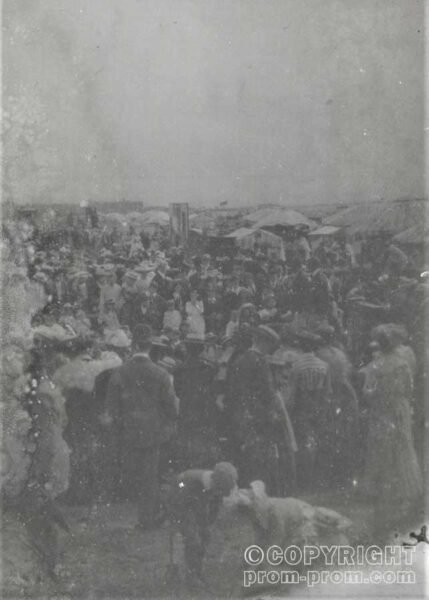
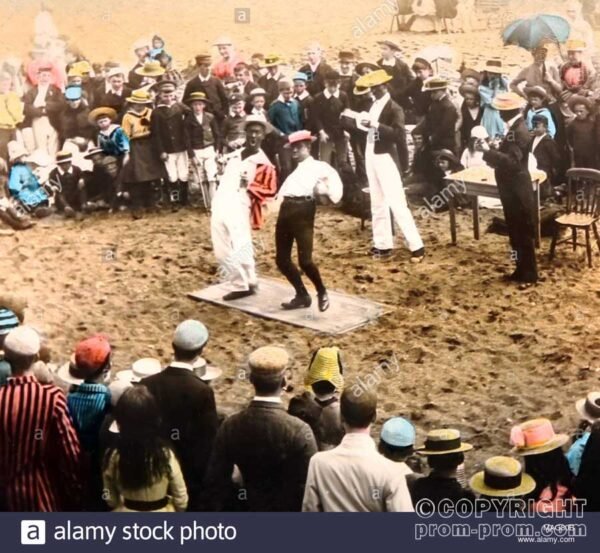

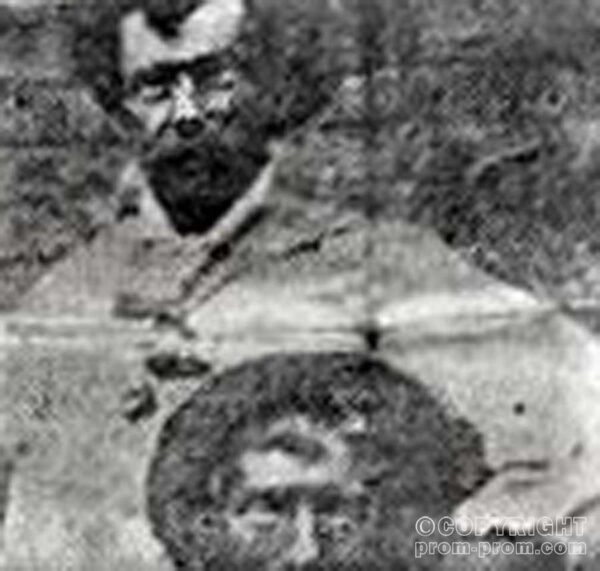
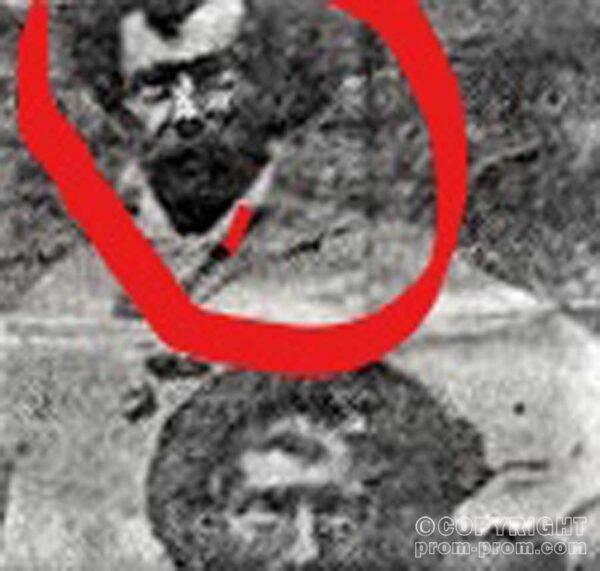

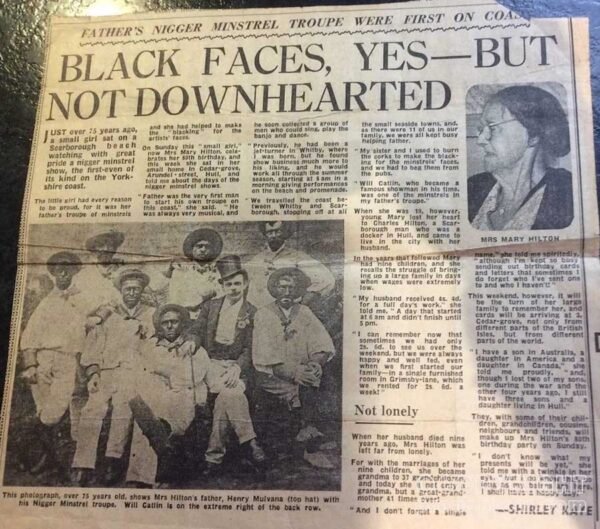



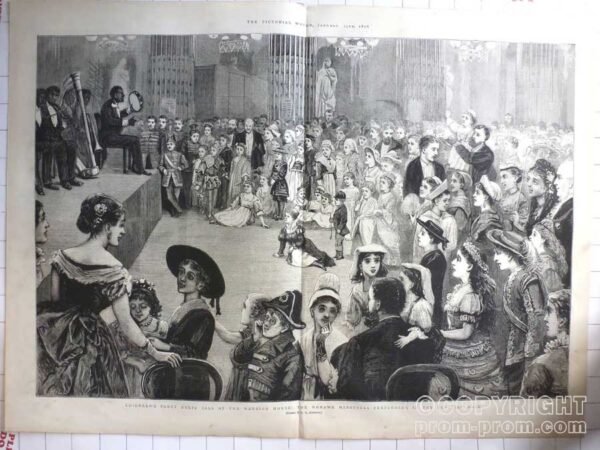
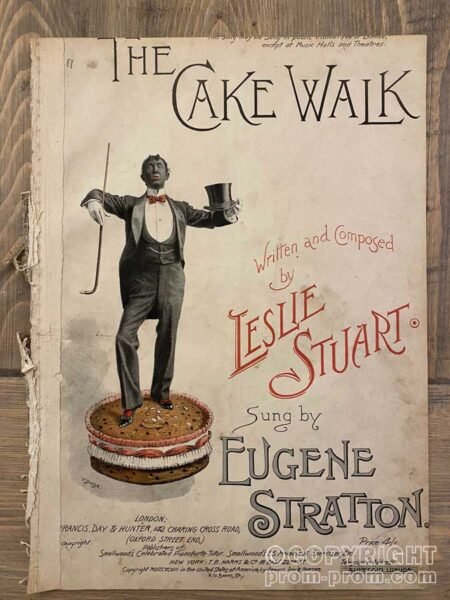

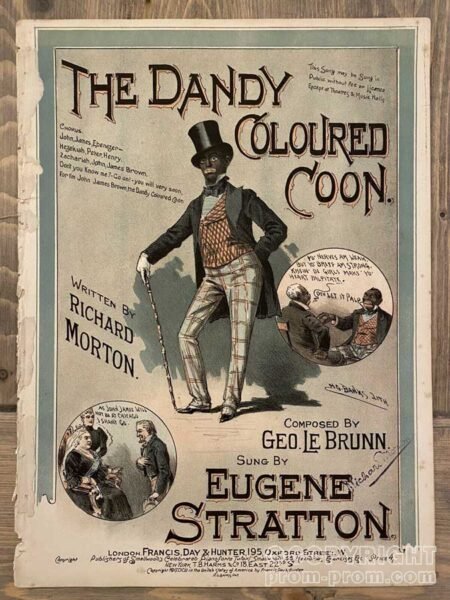
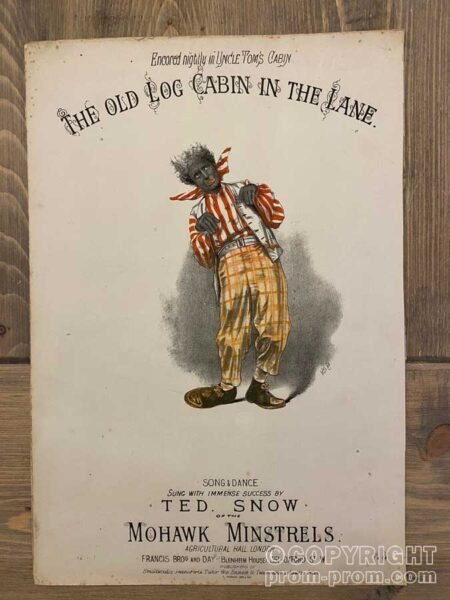
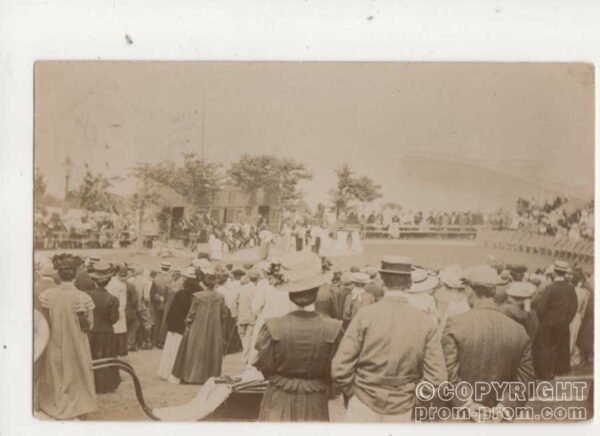
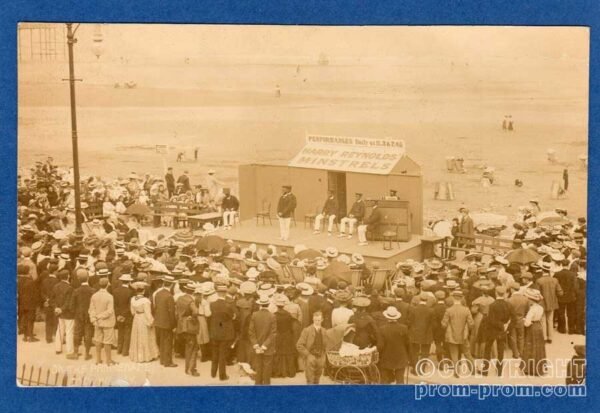


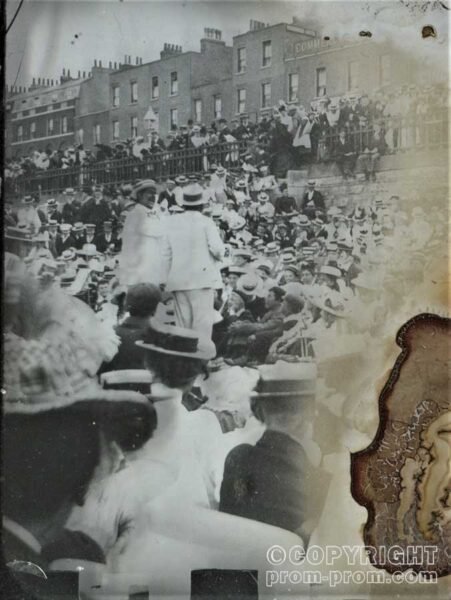
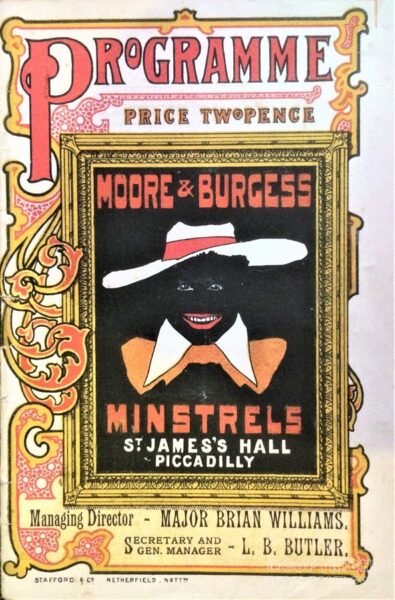
I have found this statement very useful in thinking about how to write about a handbill from a pierrot group dating 1910, in which racist language is used to describe a woman of colour hailing from the Caribbean who travelled as part of the group. Thankyou for addressing this difficult topic. I look forward to reading Dr Lidington’s new book.